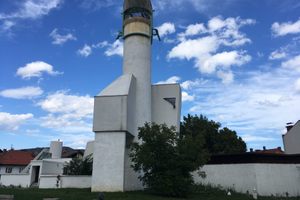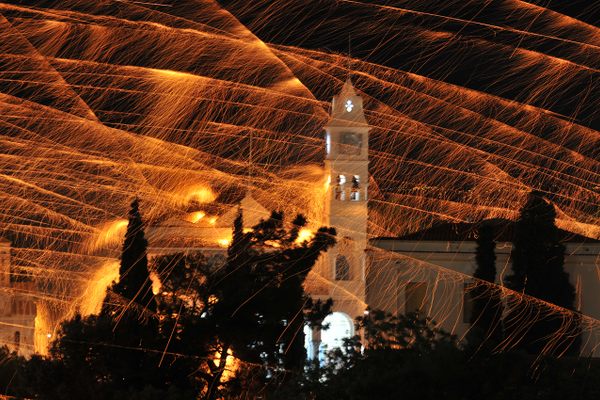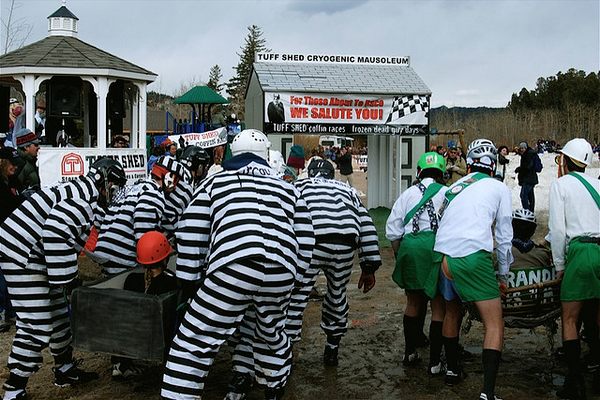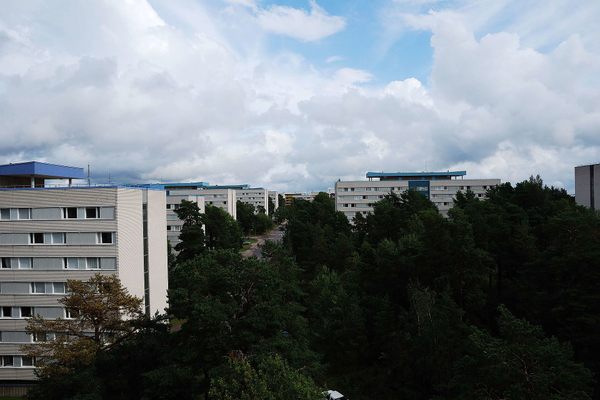About
Bullfights in Bosnia are an ancient tradition. A symbol of power in the Mediterranean since before the Greeks, bullfighting has been present in many forms, from the bull-jumping rituals of ancient Crete to the well-known and bloody corrida de toros in the Spanish-speaking world.
Unlike its Spanish counterpart, the Bosnian bullfight does not involve humans as active participants and does not result in the death of the bulls. These fights are duels between the bulls themselves. Fights happen in an open field, as each bull tries to chase its opponent away from a loosely defined pitch.
These fights are an extension of natural fights for dominance that occur between male animals of many species in the wild. Fatalities are almost nonexistent, as animals fight within the limit of their natural instincts: When a bull is losing badly, he'll back down.
Bullfights of this sort are organized in many places in western Bosnia and the neighboring Croatian regions of Lika and the Dalmatian Littoral. Arguably the most famous, however, is the so-called Corrida of Grmeč, or Grmečka Korida in Serbian.
Grmeč is a mountain in the extreme west of Bosnia. The name is of recent origin and is a version of a Spanish word. The event itself, however, is of ancient origin. Records show the annual bullfights go back for over 230 years.
The bullfights are organized on every first Sunday in August. Before the Balkan wars of the 1990s, the venue of the Grmeč event was on Medjedje Brdo near Sanski Most. But the community of Sanski Most was destroyed by the wars, and the fights have been moved to the village of Oštra Luka, part of a Serbian territory.
Bullfights attract thousands of spectators each year, mainly locals and their visiting relatives, but also increasingly curiosity seekers from other places. They are accompanied by a typical country fair, along with barbecues, copious amounts of beer, and folk music. In 2005, the Grmeč event was honored by a postage stamp issued by Republika Srpska (a Serbian entity in Bosnia).
Curiously, the Balkan tradition bears a striking resemblance to the Japanese bullfights of Okinawa.
Related Tags
Balkans Road Trip: Serbia, Croatia & Bosnia and Herzegovina
Traverse the beauty and history of the Balkans through locals' stories.
Book NowCommunity Contributors
Added By
Published
May 20, 2010
















